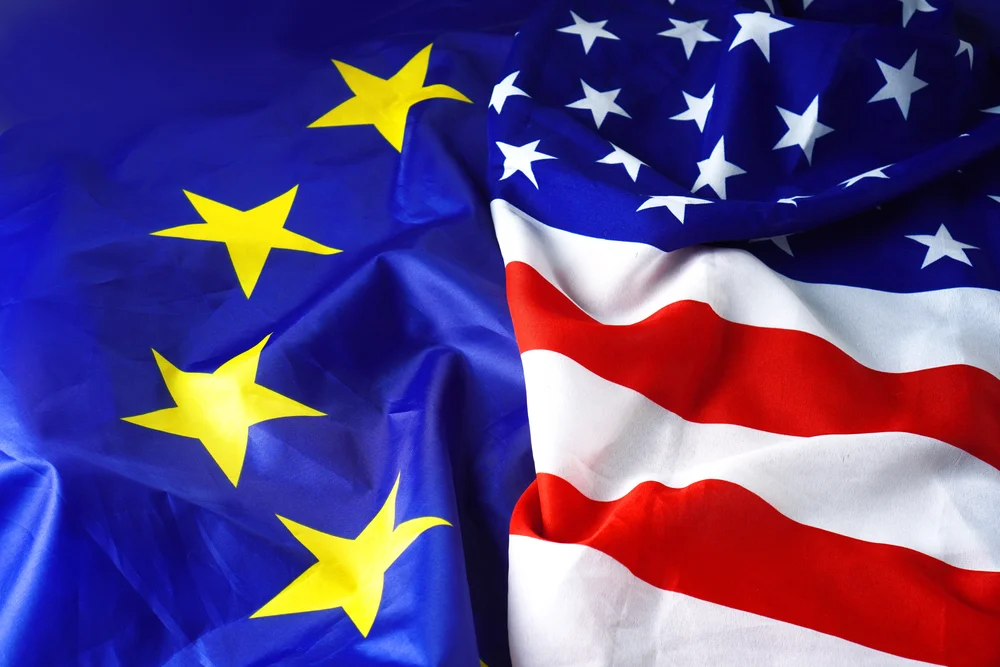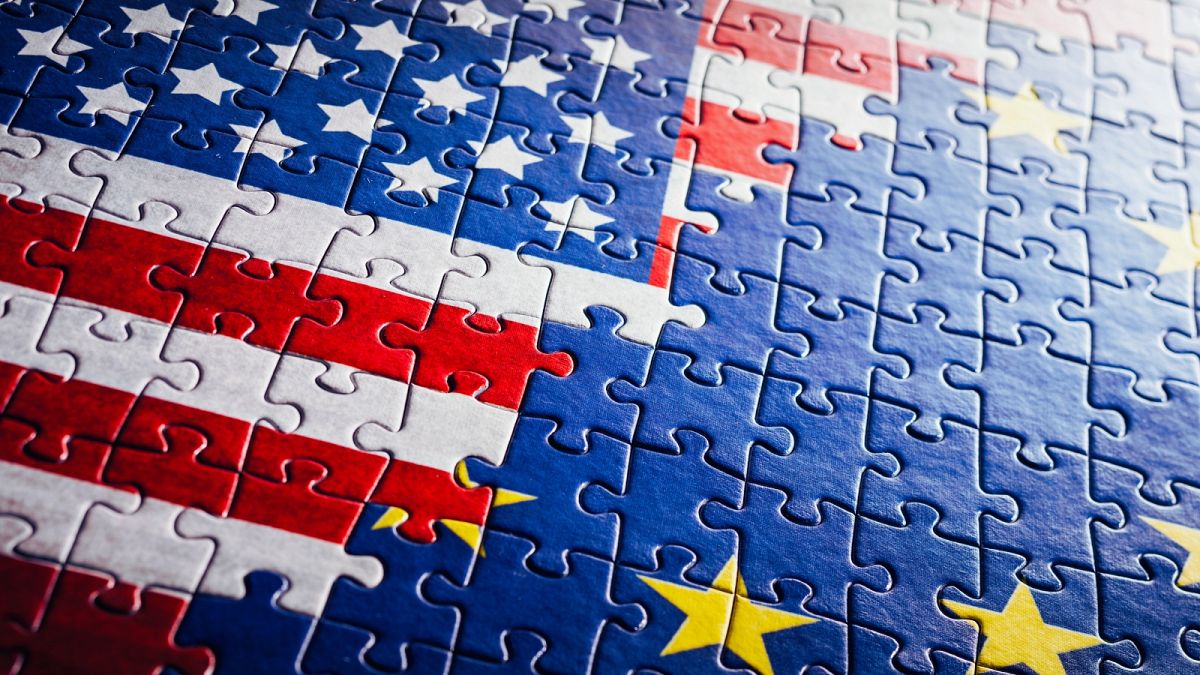World
Why the U.S. Presidential Election Matters for Europe
The Future of European Security Is at Stake
Europe has been on the receiving end of U.S. power and foreign policy decisions for more than seven decades. But U.S. elections have only recently become a source of deep concern. Since 2018, Europe has even become intently focused on U.S. midterm elections.
During the Cold War, a bipartisan consensus underpinned the country’s commitment to Europe’s security, and elections were not the preoccupation for Europe that they are today.
In the 1990s, the United States had foreign policy choices to make, and the right choices were not obvious. Leadership mattered, so elections mattered. U.S. President Bill Clinton’s decision to press for NATO’s expansion, initially to include the Czech Republic, Hungary, and Poland, shaped a bipartisan consensus on the form Europe’s security would take in the post–Cold War era. But Europe had confidence in the United States and was not fixated on its elections.
The 2000 U.S. presidential elections had dramatic consequences for Europe. The U.S. invasion of Iraq under President George W. Bush played a critical role in undermining support for UK Prime Minister Tony Blair and the moderate wing of the Labour Party.
The 2016 presidential election ended any remaining complacency about U.S. elections. Europeans and their leaders began to actively anticipate the foreign policy consequences of U.S. elections. After Donald Trump’s 2016 electoral victory, Europe found itself on the receiving end of a tariff war and was forced to concede the end of the Joint Comprehensive Plan of Action, or Iran nuclear agreement, which it had championed. For those four years, the United Kingdom lost confidence in its U.S. anchor. This came at a time of great domestic vulnerability when it was executing its withdrawal from the European Union.
Europe watched the 2020 elections with trepidation, and for good reason. The 2020 electoral victory of President Joe Biden meant that NATO united and came to the defense of Ukraine, and that the United States deepened its ties to its European allies and the European Union. Any fallout from the U.S. adoption of the Inflation Reduction Act pales in comparison to the havoc that a second Trump term would have wreaked on transatlantic relations.
Today, Europe’s concern for the 2024 elections is existential. So much so that it is now impossible to imagine a return to a world where Europe is either confident or complacent about a U.S. election.
Already, the U.S. elections are taking their toll on the continent because Europe perceives that they will be uniquely consequential for its future security. There is a pervasive feeling that a reelection of Donald Trump would lead to a significant and potentially irreversible rupture in transatlantic relations, and in the character of U.S. democracy. A changed United States could mean a future in which shared values cease to be a source of common purpose, and the United States and Europe simply go separate ways when their security and economic interests diverge. In material terms, the elections matter for Ukraine, for NATO, for European security, for cooperation on China, for future alignment on economic security policy—the list is long.
Europe’s fate looks much different if Vice President Kamala Harris is elected to be the next U.S. president. A Harris foreign policy would be one defined by shared values, a U.S. commitment to NATO, and to diplomacy. And on a long list of issues, not least climate change, Harris and European policymakers are broadly aligned.
If, on the other hand, Trump is reelected, all bets are off. The far right will be emboldened in the United States and in Europe. State-to-state cooperation on climate change and artificial intelligence will end abruptly. Europe’s need to be a geopolitical power will quickly become all that much more essential. But in the face of an obstreperous United States, those efforts will be harder to achieve.
To be sure, elections are not everything. Cooperation on global challenges will be tough regardless. The United States will continue to be wary of Europe’s regulatory tendencies. Europe will continue to face pressure from the United States to spend more, do more, and work together more regardless of who is next in the White House. Multiple wars, complex global problems, and a United States that is constrained economically but also politically ensure this. However, a Trump victory would likely add chaos and instability and undermine the capacity for the strategic thinking that is essential in today’s world.










